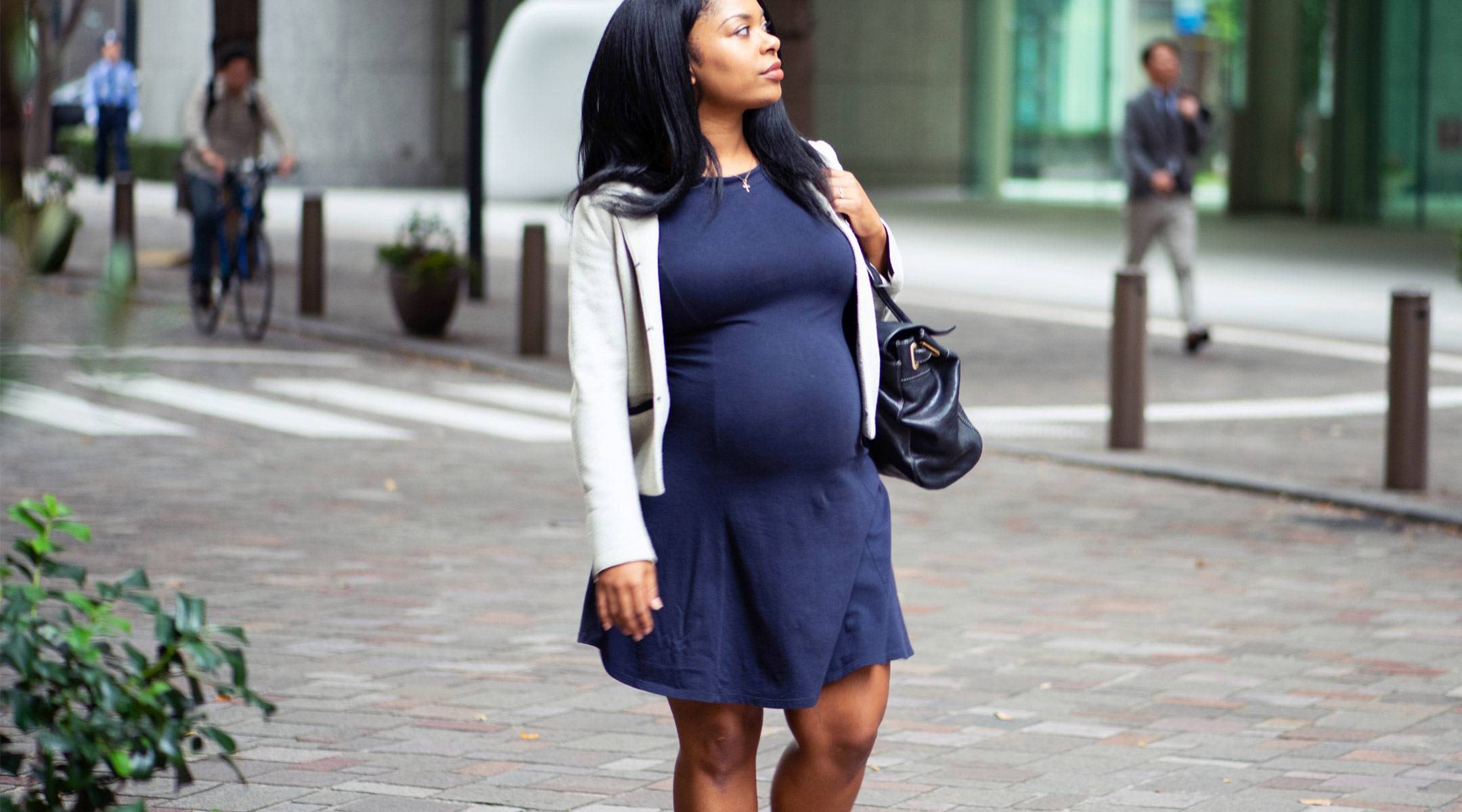Pregnancy is a pivotal period in a woman's life, and safeguarding both her well-being and the health of her unborn child is of paramount importance. To ensure a safe pregnancy, it is crucial to be aware of common pitfalls and take specific precautions. According to reputable sources like webMD, here are some vital considerations for expectant mothers:
1. Nutrition Matters:
Inadequate intake of essential nutrients like folic acid, iron, calcium, and omega-3 fatty acids can hamper a baby's development. Maintaining a well-balanced diet and consulting with a healthcare professional is crucial for ensuring optimal nutrition throughout pregnancy.
2. Say No to Harmful Substances:
The use of drugs, alcohol, and tobacco can have detrimental effects on a baby's growth and development. These habits elevate the risk of preterm birth, low birth weight, and developmental issues. Avoiding such substances is paramount to safeguarding your baby's health.
3. Regular Prenatal Care:
Prenatal care is essential for monitoring both the mother's health and the development of the unborn child. Missing or delaying these appointments can result in missed opportunities to identify and address potential issues early on.
4. Medication Caution:
Some medications, including over-the-counter drugs and herbal supplements, can pose risks to the developing baby. Always consult with a healthcare professional before taking any medication during pregnancy to ensure its safety.
5. Moderate Physical Activity:
While staying active during pregnancy is generally beneficial, engaging in excessive or strenuous physical activity can be risky. It's vital to exercise in moderation and seek guidance from a healthcare professional regarding safe activities.
6. Prioritize Mental Health:
Pregnancy often brings about emotional and psychological changes. Neglecting one's mental health can impact both the mother and the child. Seeking support, maintaining a robust support network, and consulting with medical professionals can address any mental health concerns during pregnancy.
7. Avoid Hazardous Exposures:
Pregnant women should steer clear of environmental hazards that could harm the unborn child, such as radiation, lead, toxic chemicals, and pesticides. Whether at work or home, it's essential to take appropriate precautions and adhere to safety guidelines.
8. Embrace Good Hygiene:
Neglecting personal hygiene during pregnancy can increase the risk of infections, which may be harmful to the unborn child. To minimize the chances of illnesses, pregnant women should practice good hygiene, regularly wash their hands, and follow strict food safety practices.
Every pregnancy is unique, and it's imperative for expectant mothers to seek individualized counsel and guidance from healthcare professionals throughout their pregnancy journey. Your health and the well-being of your baby are top priorities, and these precautions can contribute to a safe and healthy pregnancy.



No comments yet
Be the first to share your thoughts!